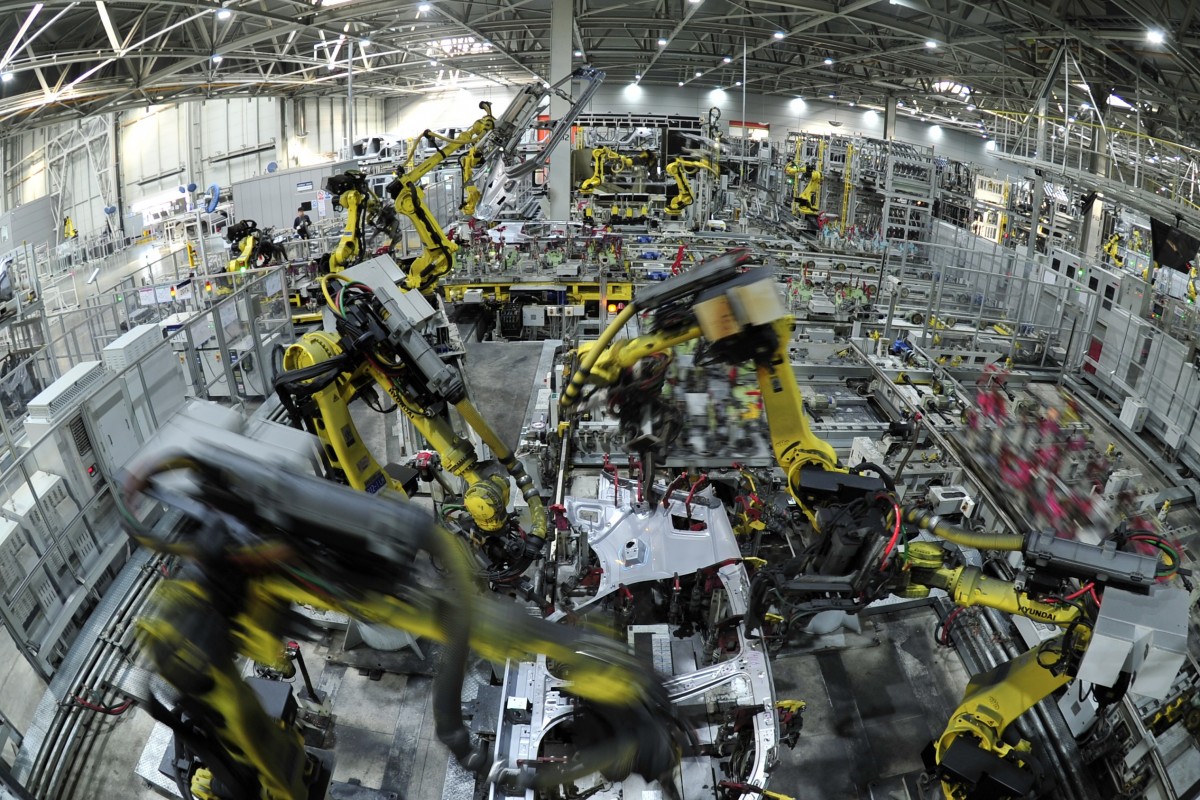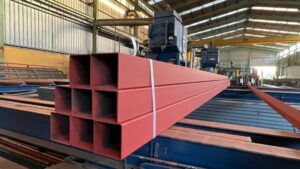The global automotive sector has rebounded strongly since the initial Covid-19 lockdowns last year but supply chain disruption is constraining further growth, worldsteel says in its latest short-range outlook (SRO).
“Those disruptions include not only semiconductor shortages, but also lack of containers, lack of shipping and lack of harbour capacities in some cases,” worldsteel director general Edwin Basson told Kallanish during Thursday’s SRO briefing. “This is a structural sign of a global economy that is trying to get back to the previous way of operating and there are still some problems that must be fixed in the system. Hopefully, by the early part of next year this will happen.”
In the US, light vehicle production regained its pre-pandemic level by the third quarter of last year, but it has been trending down since then, partly because of supply chain disruptions, worldsteel says.
“In the EU, a strong recovery is underway, and the European automotive sector is expected to rebound by 15.3% on-year in 2021,” the association comments in a note. “However, it is still far below its level when the manufacturing recession first started in 2018. The EU’s automotive sector faces uncertainty with component shortages and a weak prospect of demand due to general economic uncertainty.”
In China, automobile production soared in the first half of this year. In particular, new electric vehicle (EV) production increased by almost 200% from January to August 2021, accounting for 11.2% of total vehicles produced in the same period.
With pent-up demand dissipating, the growth in automotive production in 2022 will decelerate, though high order backlogs will provide some support, worldsteel says.
In general, the construction sector has remained more resilient than the manufacturing sector to the Covid-19 pandemic shock, the association observes. However, in many developing economies, construction activity was severely disrupted by a total stoppage of projects.
In 2021, the global construction sector is expected to show a robust recovery fuelled by low interest rates and governments focusing on infrastructure projects as part of their recovery plans, it adds.
Svetoslav Abrossimov Bulgaria






